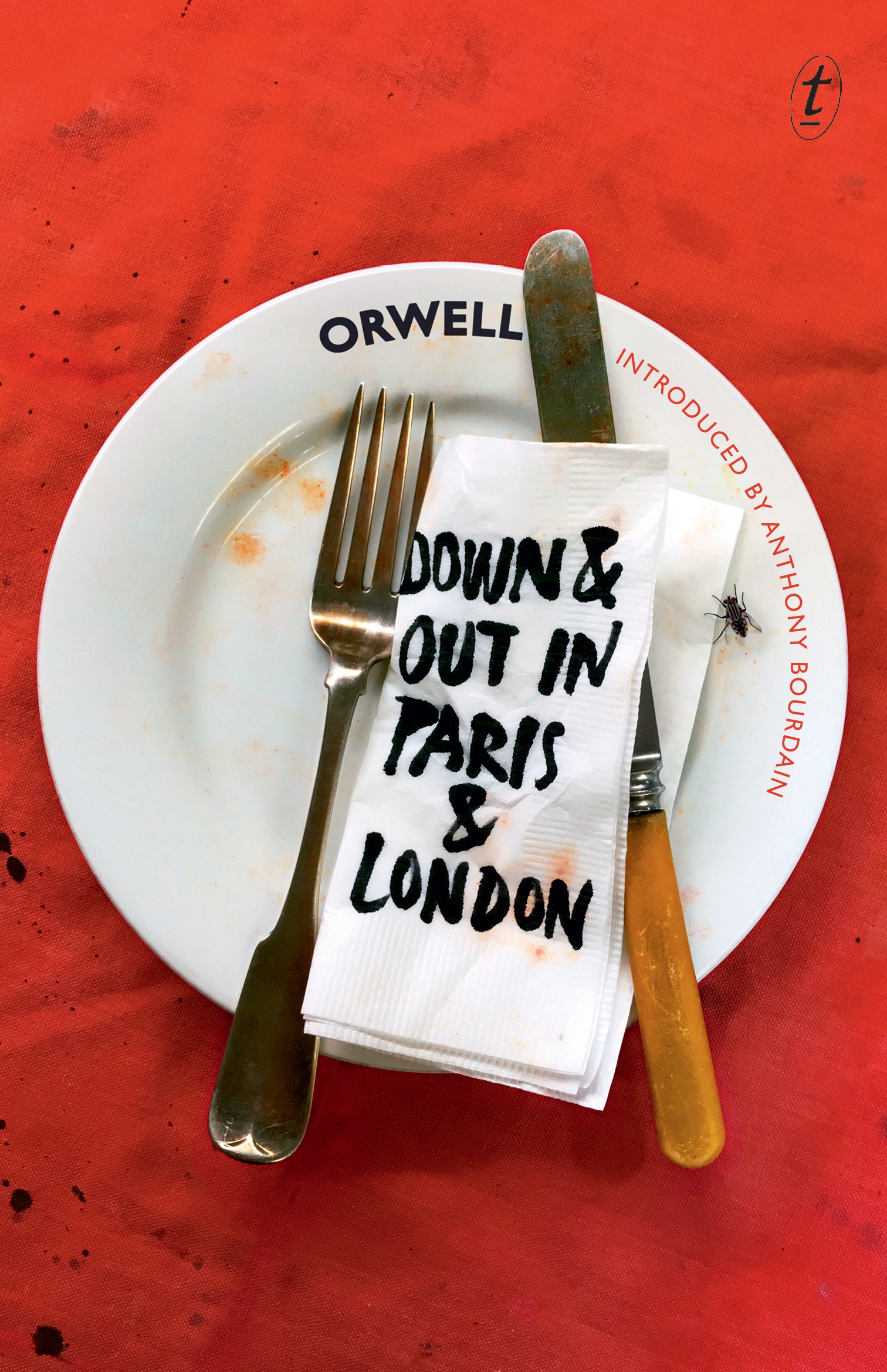

He lived in Paris for two years before returning to England, where he worked successively as a private tutor, schoolteacher and bookshop assistant, and contributed reviews and articles to a number of periodicals. From 1922 to 1927 he served with the Indian Imperial Police in Burma, an experience that inspired his first novel, Burmese Days (1934).

The family moved to England in 1907 and in 1917 Orwell entered Eton, where he contributed regularly to the various college magazines. Classics is proudly publishing this memoir now in a new edition complete with the introductory essay “Why I Write”.Eric Arthur Blair (George Orwell) was born in 1903 in India, where his father worked for the Civil Service.

Other notable works by this author include: “Burmese Days” (1934), “Keep the Aspidistra Flying” (1936), and “Coming Up for Air” (1939). Many of his neologisms have forever entered the English language, including “Thought Police”, “Big Brother”, “Room 101”, “doublethink”, “thoughtcrime”, and “Newspeak” to name but a few. His work is characterised by an opposition to totalitarianism and biting social commentary, and remains influential in popular culture today. Eric Arthur Blair (1903–1950), more commonly known by his pen name George Orwell, was an English journalist, essayist, critic, and novelist most famous for his novel “Nineteen Eighty-Four” (1949) and allegorical novella “Animal Farm” (1945). A fascinating and thought-provoking insight into the poverty that exists in the two prosperous cities, “Down and Out in Paris and London” is not to be missed by fans of Orwell’s seminal work. His first full-length work, it chronicles the time he spent living in poverty in London and Paris, recounting his experiences working casual manual labour jobs and living as a vagabond on the fringes of society. Originally published in 1933, “Down and Out in Paris and London” is a memoir in two parts by English author George Orwell.


 0 kommentar(er)
0 kommentar(er)
